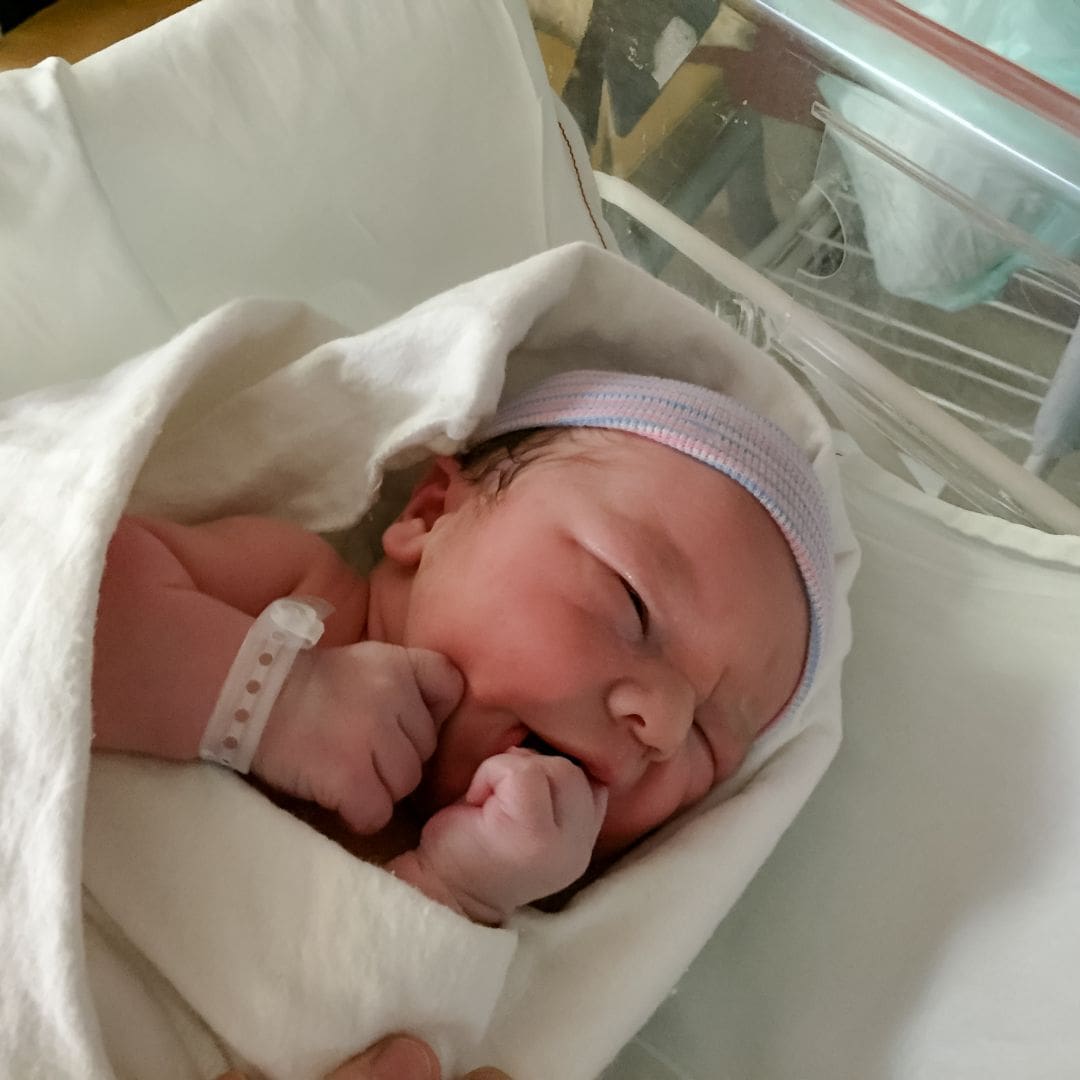Bringing your newborn home for the first time.
Are you about to become a new parent?
Here are some helpful tips for bringing a newborn home to ease the transition for both you and your baby in those first few months.
.

Your newborn baby:
Bringing your newborn home is one of life’s most exciting – yet daunting – experiences.
During this adjustment period, both the baby and the parents must adjust to an entirely new way of life that requires patience and trial and error.
Remember there is no handbook and you must trust your mother instantly.
Don’t be too proud in asking for help or advice. It’s how we learn after all.
Prepare Ahead of Time:
Make a few arrangements ahead of time before going into labour.
Purchase an abundance of nappies, baby Wipes, and onesies, and designate a safe sleeping area for your baby.
You and your partner should plan your dinners in advance or ask family and friends to cook you a meal. You might not have time to cook for yourself in the first few weeks once your baby arrives.


Breastfeeding:
Breast milk is recommended by the UK government for the first six months of life. As the baby is introduced to purees, you can gradually reduce the amount of time you breastfeed.
However, not every mother is able to breastfeed, This can be difficult for both the mother and the baby at times; if this is the case, contact your midwife. If this does not work, a formula can be used as a supplement or as your baby’s sole source of nutrition.
Bottle feeding:
If you’re breastfeeding and want to introduce a bottle to your newborn, wait until your feeding routine is established before doing so.
If you are pumping or using a formula, you can immediately introduce the bottle.
Regardless of the method, aim to feed your baby eight to twelve times per day – or every two to three hours from one feeding to the next.


Bonding:
Bonding with your baby will most likely come naturally to you — in these early stages of life, their primary focus is on you.
Remember that you can’t spoil a baby by holding them too tightly or responding to its cries too quickly. Give them all of your love and comfort, as this will make them more confident in exploring the rest of the world later on.
Some simple ways to strengthen the bond with your baby.
- Hold them close to your body and make skin-to-skin contact with them.
- Allow your child to hear your heartbeat.
- Speak with them. They may not understand you, but they enjoy hearing your voice.
Bathing:
Aside from messy spit-ups and blowouts, babies rarely get dirty.
You should not bathe your newborn on a daily basis. Instead, give them a gentle bath every two to three days with a soft sponge or washcloth.
Maintain a dry environment around the umbilical cord until it falls off.


Sleeping:
Every baby is different, but young infants can typically sleep anywhere from 20 minutes to three hours at a time.
During the first month, they may sleep up to 16 hours per day. Many newborns will initially confuse day and night, similar to us with “jet lag.”
This is because they are accustomed to sleeping during the day because the mother’s movement is soothing, and staying awake at night when the mother is still. It may take some time to adjust, but there are things you can do to help your baby adjust to life outside the womb. Keep your blinds down, and your lights on, and provide plenty of noise and stimulation during the day. Dim the lights, stay quiet and avoid playtime at night.
Nappies:
So, how frequently should your baby poop?
The number of wet/dirty nappies produced by your newborn can help you determine whether they are getting enough nutrients.
During the first few weeks, you should expect at least five to six wet nappies per day or one after each feed. Most modern nappies have made this much easier to tell with the little line done the front of the nappie changing colour.
This number will significantly decrease between six weeks and three months.


Crying:
Most babies cry for two to four hours every 24 hours, despite sleeping for up to 16 of those hours.
Understanding what each cry means takes time and also trial and error. Pay close attention to your baby’s schedule and record their sleeping, eating, and nappie changes on paper or use an app.
Then, using the process of elimination, you can determine what your baby requires.
Aside from the obvious causes of cries, such as hunger, tiredness, or a full nappy, keep in mind that your baby may be upset because they are overstimulated, uncomfortable, or too hot or cold.
Weight:
This one is always a worry for new parents. Because newborns carry a little extra baggage to get through the first few days, it is normal for them to lose weight shortly after birth.
Your baby’s weight should be closely monitored by your doctor, but they should return to their birth weight after about two weeks. Then, for the first few months, they will gain about one ounce per day.


Jaundice:
In the first one to three weeks, this is completely normal.
However, if the yellow colour worsens or persists for more than a few weeks, consult your doctor right away.
Dont forget to capture your newborn:
So, what better way to document your baby’s first memories than with a photoshoot with Rachael Phillips Photography?
You may be wondering when the best time is to schedule your newborn photo shoot. After all, how can you book a photo shoot for your baby if you don’t know when they’ll arrive?
Ideally, Booking in advance is key. I would pencil you in based on your due date and I would avoid booking family time, holidays and other things on your date. Drop me a message and we can have a chat → Contact me

Heres a few other tips from fellow mums:
- Sleep when your baby sleeps
- Don’t worry about the mess
- Spoil them with cuddles
- Take lots of photos and videos
- Ask for help!
- Remember they are only this little once
- Enjoy every second
- You don’t need everything available, you won’t use half of it, trust me.
- Stock up on easy meals, pre-cook or microwave ones just to get you by, it is better than takeaways all the time
- Don’t leave it too late to pack your hospital bag
- Don’t worry about getting dressed, no one will care and you need to be comfy in those first few days




























